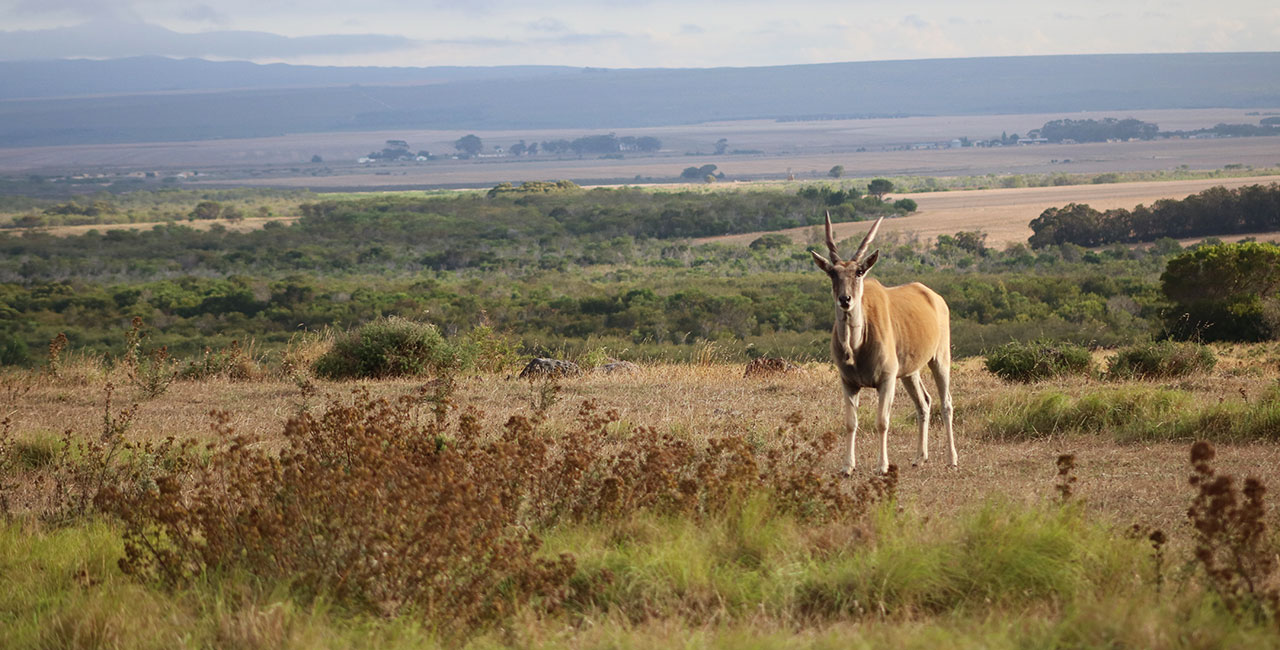IMPROVE LANDSCAPES. CONNECT COMMUNITIES.
The Agulhas Biodiversity Initiative was first conceived in 2003, to address the threats to the Agulhas Plain – an area of some 270,000 hectares, recognised as a biodiversity hotspot for its high irreplaceability and vulnerability.
Through the Cape Action for People and the Environment (CAPE), a government programme aimed at protecting the Cape Floristic Region, ABI received funding from the Global Environment Facility and the United Nations Development Programme.
During ABI Phase 1, ABI had 4 outputs:
1. A landscape-level conservation management and planning system was to be established by public-private partnerships negotiated by a well-capacitated extension service;
3. A participatory and responsible tourism strategy was to be implemented in the Agulhas Plain, and was to contribute to sustainable livelihoods;
2. Ecologically, socially and ethically sustainable harvesting of wild fynbos was to be demonstrated as a viable land use on the Agulhas Plain;
4. Increased local support for biodiversity conservation in the Agulhas Plain was to be generated through a broad-based conservation awareness programme.
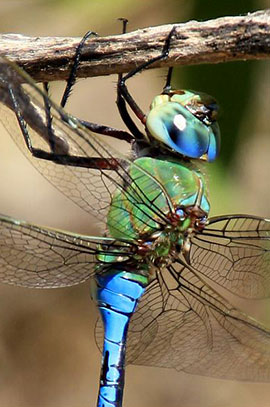
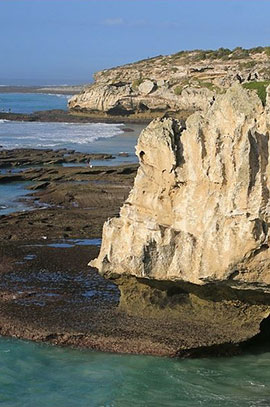
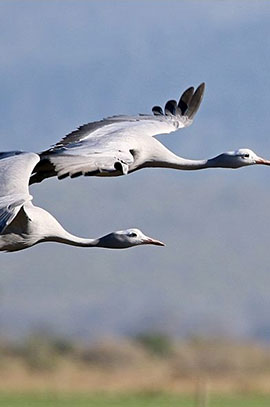
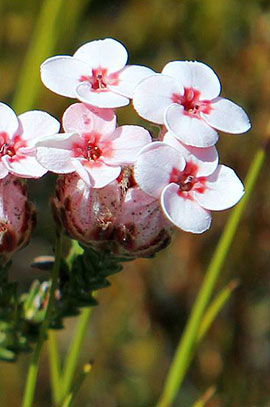
At the end of the Phase 1 period, in 2010, the United Nations Development Programme labelled the project ‘Satisfactory’ – with two of its outputs receiving the ‘Highly Satisfactory’ recommendation.
During the first phase, ABI also enjoyed a number of major successes. Although too numerous to mention, here are some of ABI Phase 1’s highlights:
- Nearly 50 % of the Agulhas Plain is now under some form of conservation management;
- The Agulhas National Park was established;
- Off-reserve conservation proceeded very rapidly, with the development of a new conservation approach through the Nuwejaars Wetlands Special Management Area – a collective landowner group marrying conservation with agriculture;
- Around 2500 people were employed in the bio-experience economy;
- Some 75,000 hectares of aliens were cleared;
- Fynbos lands being harvested sustainably increased to 30,000 hectares, from zero before;
- Big retailers opted for the ethically picked fynbos bouquets;
- A responsible tourism strategy was developed;
- Considerable progress was made in integrating conservation objectives into the mind-sets and activities of municipalities, land-users and educators;
- Conservation was integrated into 18 Eco-Schools and Junior Landcare and Kids in Parks camps, which supported more than 1000 individuals annually, while 17 teachers were trained in the Early Childhood Development (ECD) sphere and qualified as ECD practitioners.
In 2010, ABI Phase 1 came to an end. But to ensure the gains made over the first seven years weren’t lost, the second phase of ABI was launched.
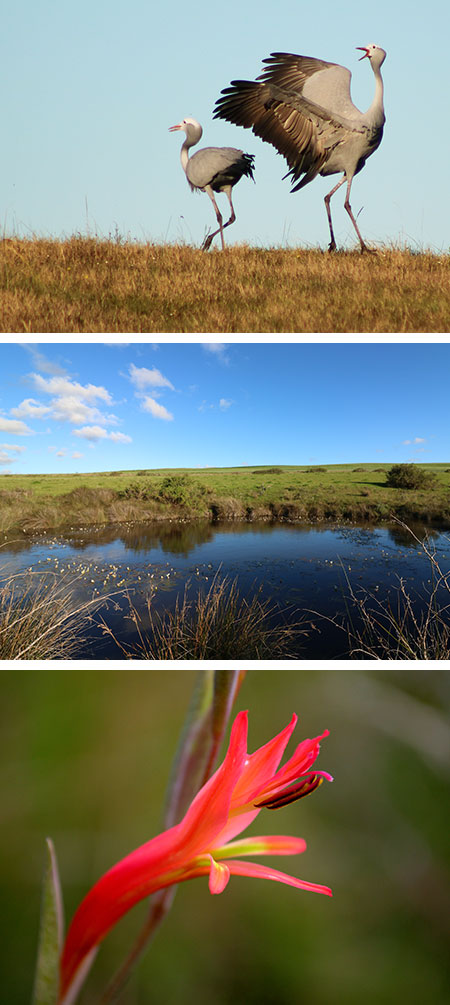
CONTACT US
OVERBERG
Located around the most southerly tip of Africa, the Overberg region is the showcase of some of the most beautiful landscapes.

